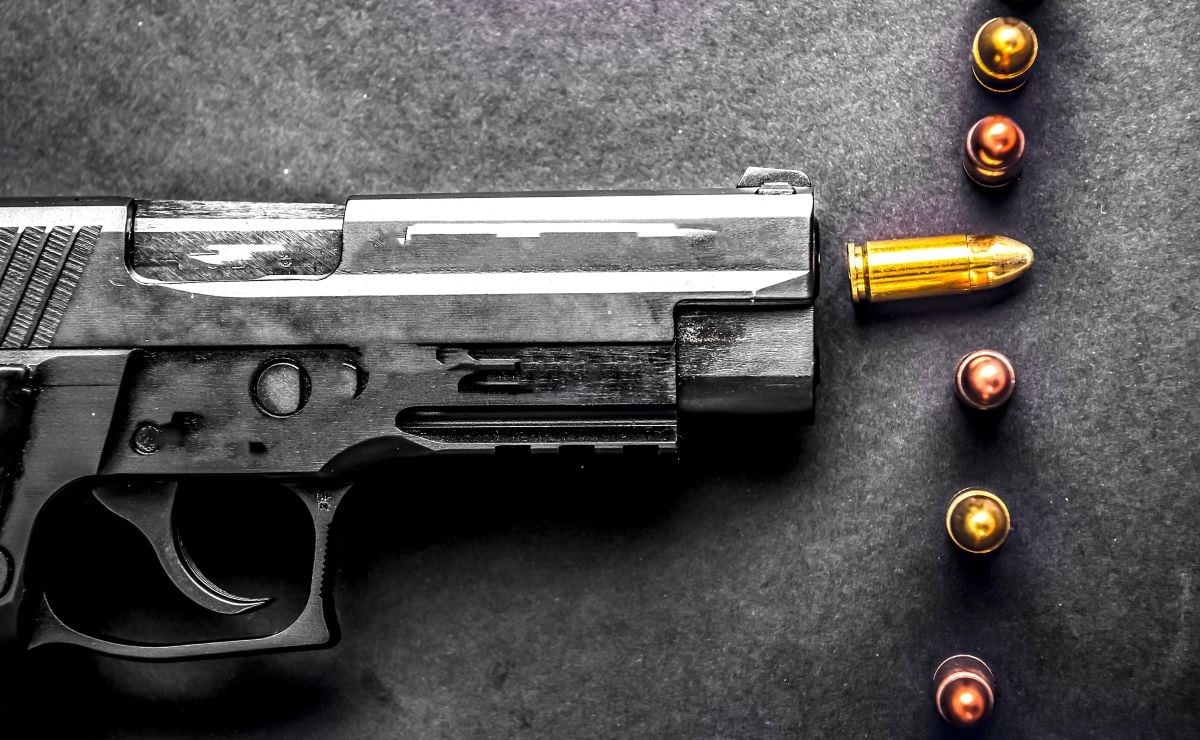In multivariable model, percent White, percent below poverty level, and percent owning firearms were significant for predicting mortality
By Elana Gotkine HealthDay Reporter
FRIDAY, July 26, 2024 (HealthDay News) — There are considerable disparities in the rate of unintentional firearms mortality across the 50 U.S. states and District of Columbia, with the highest rates clustered in the Southeast, according to a study published online June 29 in Injury Prevention.
David C. Schwebel, Ph.D., from the University of Alabama at Birmingham, quantified unintentional firearm-related mortality across the United States and within individual states between 2001 and 2021, and examined five state-level predictors: rurality, non-White population, poverty, population, and gun ownership.
Schwebel notes that the highest unintentional firearm-related mortality rates were clustered in the Southeastern states, followed by the Northern Plains and Mountain West. The Northwest had the lowest rates, followed by scattered states in the West and Midwest. Unintentional firearms mortality at the state level correlated positively with percent below the poverty level, percent of population that is rural, and percent of population owning firearms (r = 0.54, 0.59, and 0.72, respectively). Three factors emerged as significant in a multivariable model predicting unintentional firearms mortality by state: percent White, below the poverty level, and owning firearms (β = −0.22, 0.43, and 0.54, respectively).
“Prevention of unintentional firearms mortality is essential nationwide, but should be targeted especially to vulnerable populations, including those living in states identified by this research to have crude rates that far exceed national averages,” Schwebel writes.
Copyright © 2024 HealthDay. All rights reserved.








